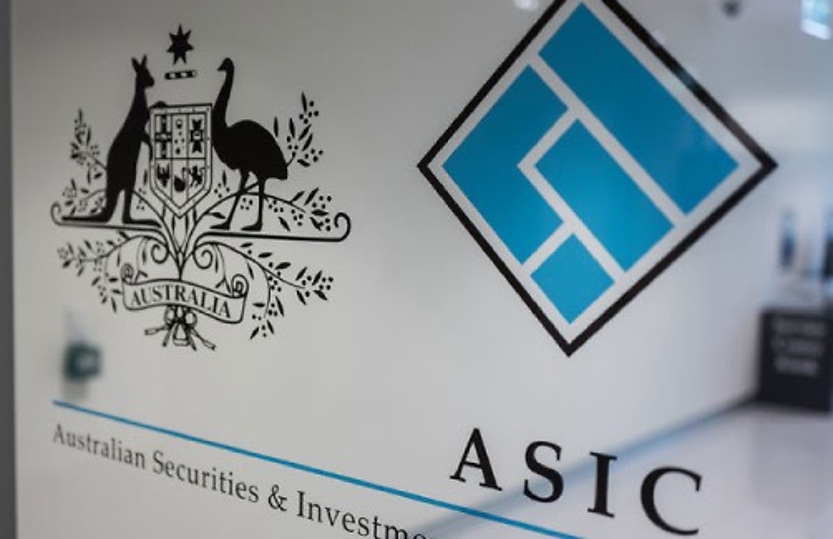‘No appetite for action’: ASIC’s response to audit breaches under fire

A poorly-resourced regulator and a lack of oversight over parts of the audit profession is enabling misconduct to flourish, a university warns.
Misconduct within the audit profession is primarily being driven by a lack of transparency and accountability, Macquarie University has said in a recent submission.
Macquarie University professors James Guthrie, John Dumas, Dr Twyford and James Hazelton said that the current oversight of the audit profession was a significant issue that needed to be addressed.
The submission noted that while the Auditing and Assurance Standards Board and Accounting Professional & Ethical Standards Board are responsible for setting the technical and ethical standards for the profession, neither have any investigation or disciplinary powers.
“Instead, this role falls to the professional accounting bodies and ASIC, neither of which have shown an appetite for action,” the University said in a submission to the Parliamentary Joint Committee on Corporations and Financial Services.
“This is especially surprising given that ASIC conducts an audit quality surveillance regime. Still, despite breaches of auditing standards being identified year after year across all major firms, the industry remains untouched.”
The incidence of errors detected by ASIC is on an upward trajectory averaging 25 per cent in the period from 2016-2019 and climbing to 36 per cent in 2022.
This issue has partly been driven by a lack of resourcing, the submission said, with the entire ASIC wages bill at $269 million.
“This pays for regulation of the auditing industry and the entire financial system. For the Big Four alone, annual revenue is circa $11 billion,” the submission said.
A new approach is also needed for the consulting industry, with the industry “not only untouched by unwatched”, according to Macquarie University.
“No equivalent surveillance is performed on the quality of consulting services despite these services comprising 80 per cent of Big Four revenues, up from 69 per cent in 2016. Indeed, consulting revenue has almost doubled between 2016 and 2022,” it said.
The University has called for a new, independent regulator for the accounting profession with the power to set technical and ethical standards, evaluate compliance, and impose meaningful sanctions for transgressive firms and individuals.
“This statutory regulator would also oversee the selection of appropriate legal structures for the delivery of accounting and consulting services and the ability to compel relevant reporting,” the submission said.
“This statutory regulator would be tasked with transforming the audit industry so that it may once again serve as the bedrock of our market economy and be an agent to enhance, not undermine, the essential ingredient of trust.”
The submission stressed that the big four accounting firms are pivotal in maintaining trust, which is the “bedrock of the capital market system”.
“The Big Four accounting firms are pivotal in maintaining (or eroding) trust. As auditors, they are paid billions of dollars to produce a few pages in an annual report. Nevertheless, their opinion, expressed in those pages, underpins our market economy,” the submission said.
“Advisors are trusted to provide technical expertise and advice, following their professional codes of conduct and acting in the public interest.”
The Australian Shareholders’ Association also highlighted the importance of audit and financial reports in the chain of assurance as they support the quality and maintenance of investor confidence in the information presented in financial reports, it said.
“The agents or actors in this chain of assurance include directors (full board), audit committee, executives, internal auditors, external auditors, regulators, and shareholders, all fulfilling the expectations of their respective roles,” the association said.
“The degree of assurance and confidence relies on the perceived integrity and independence of the agents, and management and minimisation of conflicts of interest as well as the perception of conflicts of interest. The professionalism of the external auditor is crucial.
“As noted in the Accounting Professional & Ethical Standards APES 110 Code of Ethics for Professional Accountants (including Independence Standards), the professional obligations and ethical requirements imposed on members of the accounting profession are based on the five fundamental principles of integrity, objectivity, professional competence and due care, confidentiality, and professional behaviour in the Code. Without these, the independent external audit loses all value.”
The Australian Shareholders’ Association has renewed its calls for ASIC to revise its audit inspection regime by specifically grading the severity of auditing defects and publishing individual audit firm inspection results.
It would also like to see the government legislate to make digital financial reporting standard practice in Australia.
About the author







